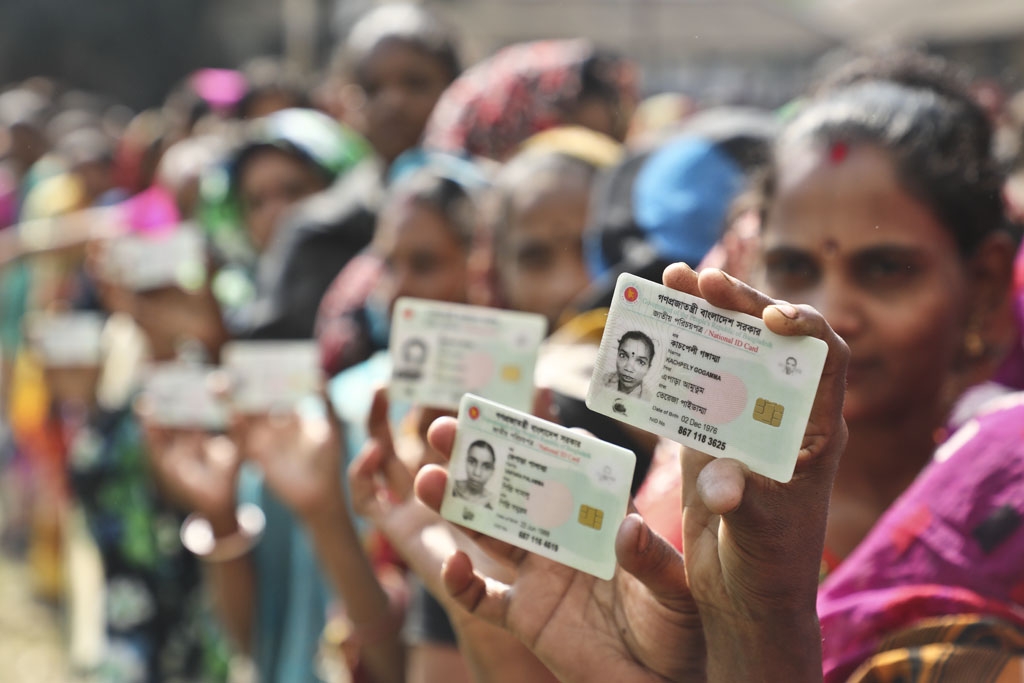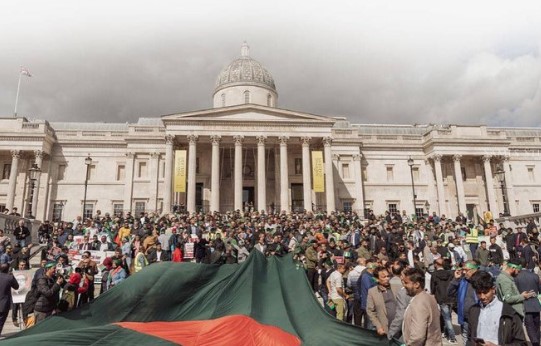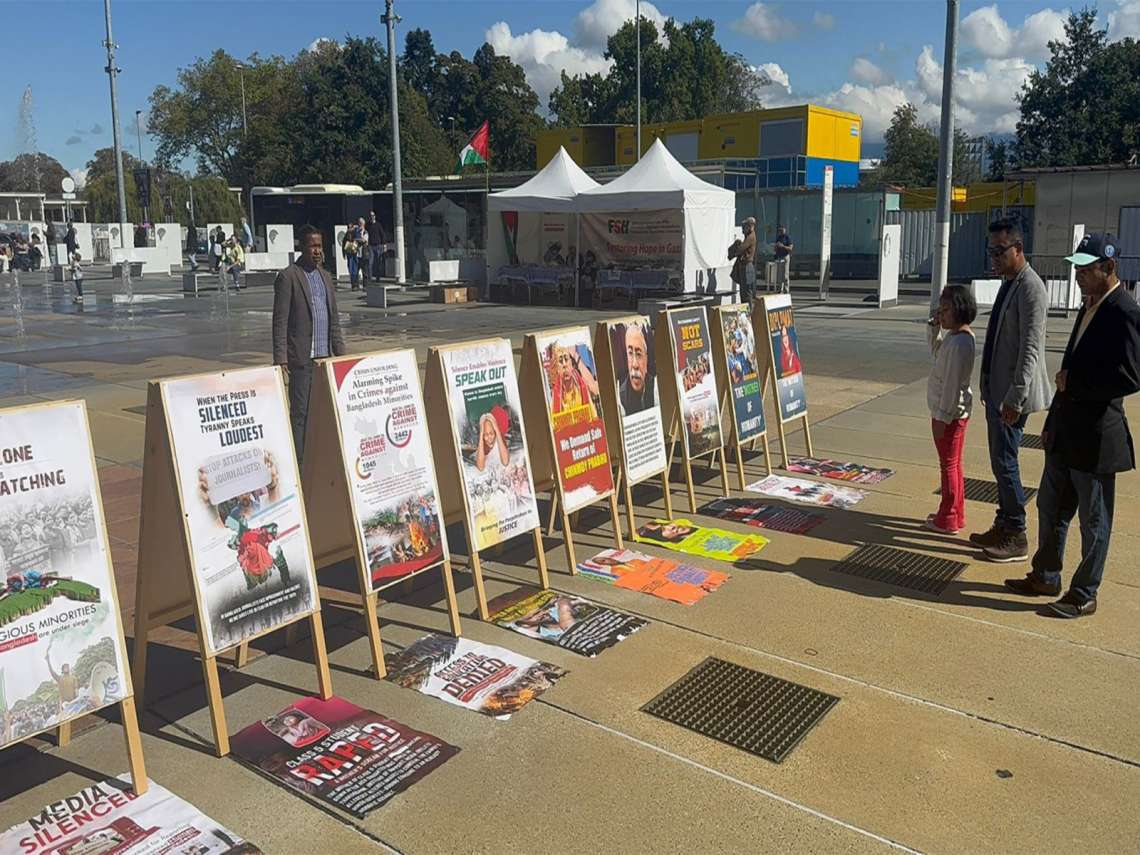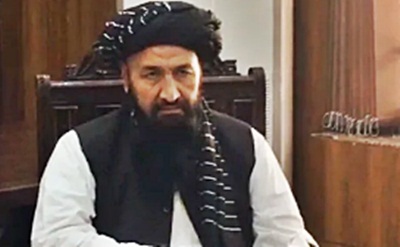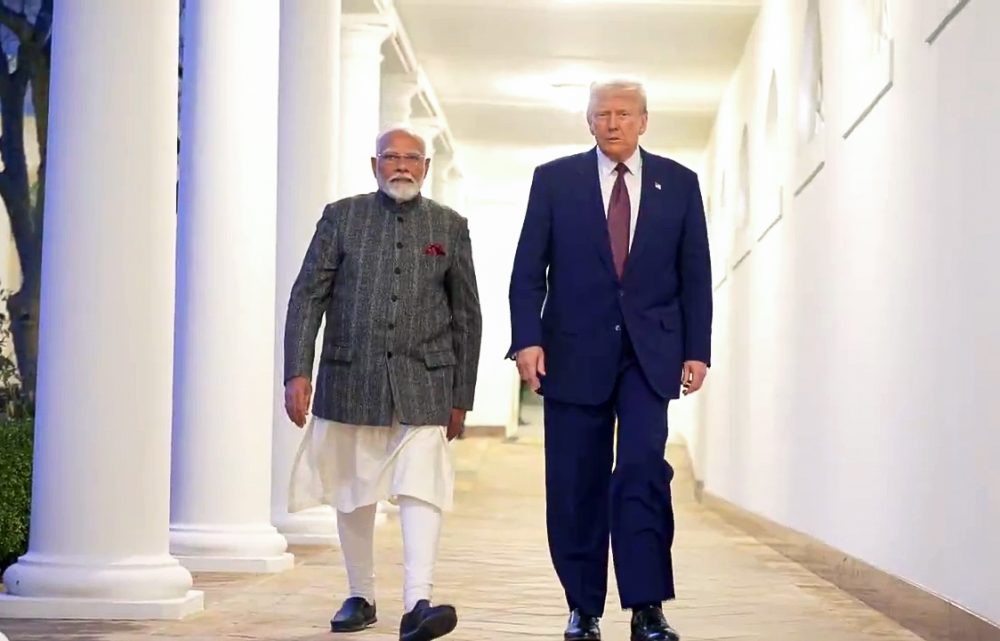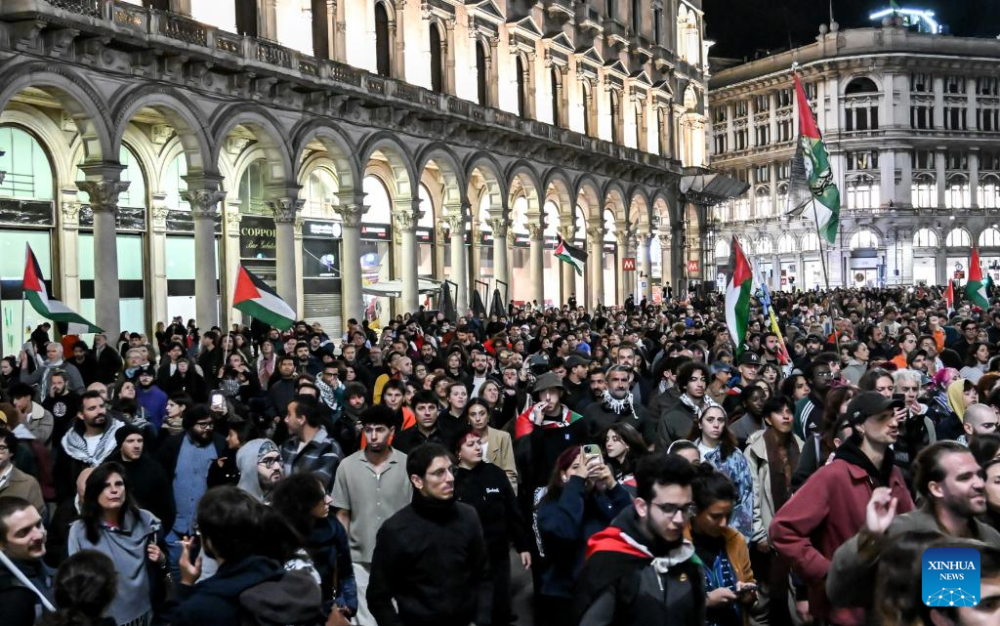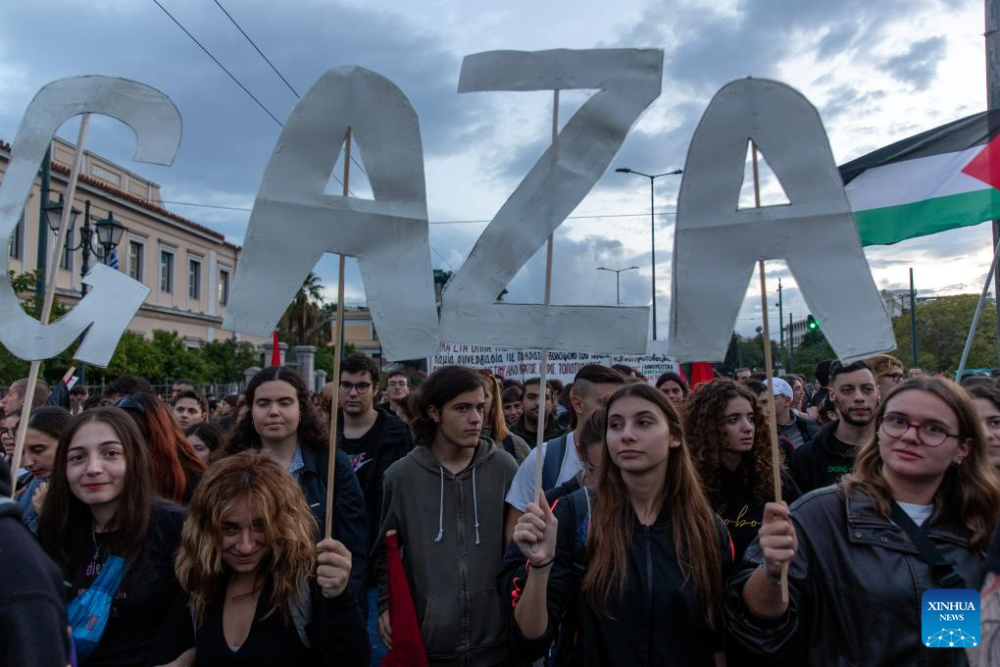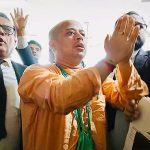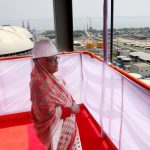An expert said, with no sign of political compromise in sight, Bangladesh’s January elections will likely do little to repair its deep political divisions….reports Asian Lite News
With Bangladesh’s parliamentary elections set for early January, the opposition’s push for the resignation of Prime Minister Sheikh Hasina and the installation of an interim election-time government has reached a crescendo – sending the country’s streets and politics into tumult in the process, said Geoffrey Macdonald, Visiting Expert, United States Institute of Peace.
With no sign of political compromise in sight, Bangladesh’s January elections will likely do little to repair its deep political divisions, he said.
Although the BNP is publicly committed to nonviolence, its strategy of election boycott and street blockades to unseat the ruling party has forced a confrontation with the state that has inevitably turned violent. Bangladesh’s current cycle of blockades, street violence and heavy-handed police reprisal echoes a long history during election periods. With parliamentary elections scheduled, the BNP has called for continued strikes to cancel the polls, but the AL has shown no indication of reducing its pressure on the opposition.
“The next election will not fulfil our constitutional commitment to a democratic Bangladesh; rather it will lead us, as a nation, to uncharted waters”, writes Badiul Alam Majumdar, Secretary of SHUJAN: Citizens for Good Governance, in Daily Star. SHUJAN-Citizens for Good Governance is a non-partisan citizen’s platform in Bangladesh.
Majumdar wrote that the upcoming one-sided election cannot be called an election in the legal sense, as there would not be any legitimate choice in the absence of the BNP’s participation, and such an election will not help the EC meet its constitutional obligation to hold a free, fair and credible election.
As scores of cases have been filed since October 28 and most of the BNP leaders are now either in jail or hiding, it is almost certain that the coming election will again be one-sided. The situation at the moment is fraught with serious concerns, he said.
The first concern is that a one-sided election, without the participation of the main opposition and other major parties, may not even qualify as an election from the legal point of view, the article said.
The second concern relates to the environment for holding a free and fair election. On October 25, the CEC himself acknowledged that the appropriate environment for an election was absent. Then the violence of October 28 occurred, leading to the police filing many cases, implicating thousands of BNP activists and arresting almost all its leaders, which completely tilted the playing field in favour of the ruling party. In this situation, most, if not all, potential BNP candidates will not be able to file nomination papers by November 30, even if they decide to participate in the upcoming election, Majumdar wrote.
“Yet, the EC declared the election schedule, ignoring the tilted electoral field, paving the way for a one-sided election and ensuring the continuation of the ruling party being in power. The highly partisan bureaucracy and law enforcement agencies will ensure that outcome”, he added.
Thirdly, without the participation of the BNP and other major political parties, the legitimacy crisis of the present regime will persist. As we are aware, in 2014, there was a one-sided election, in which 153 MPs were “elected” without the voters casting a single vote. The 2018 election, although participatory, was fraudulent, manifested by stuffing of ballot boxes the night before, Majumdar wrote.
A study found electoral irregularities, like stamping ballot papers the night before and ballot box stuffing by capturing booths on election day, in 47 out of 50 constituencies surveyed. An analysis of the centre-wise election results obtained from the EC through an RTI application by SHUJAN found that 100 percent votes were cast in 213 polling centres in 103 constituencies, and 100 percent votes were cast to a single symbol in 587 polling centres in 75 constituencies.
In addition, the BNP received zero votes in 1,177 centres, Jatiya Party received zero votes in 3,388 centres, and even the Awami League received zero votes in two centres, indicating that they were all cooked up numbers. These two controversial elections created a credibility crisis for the ruling party, he added.


